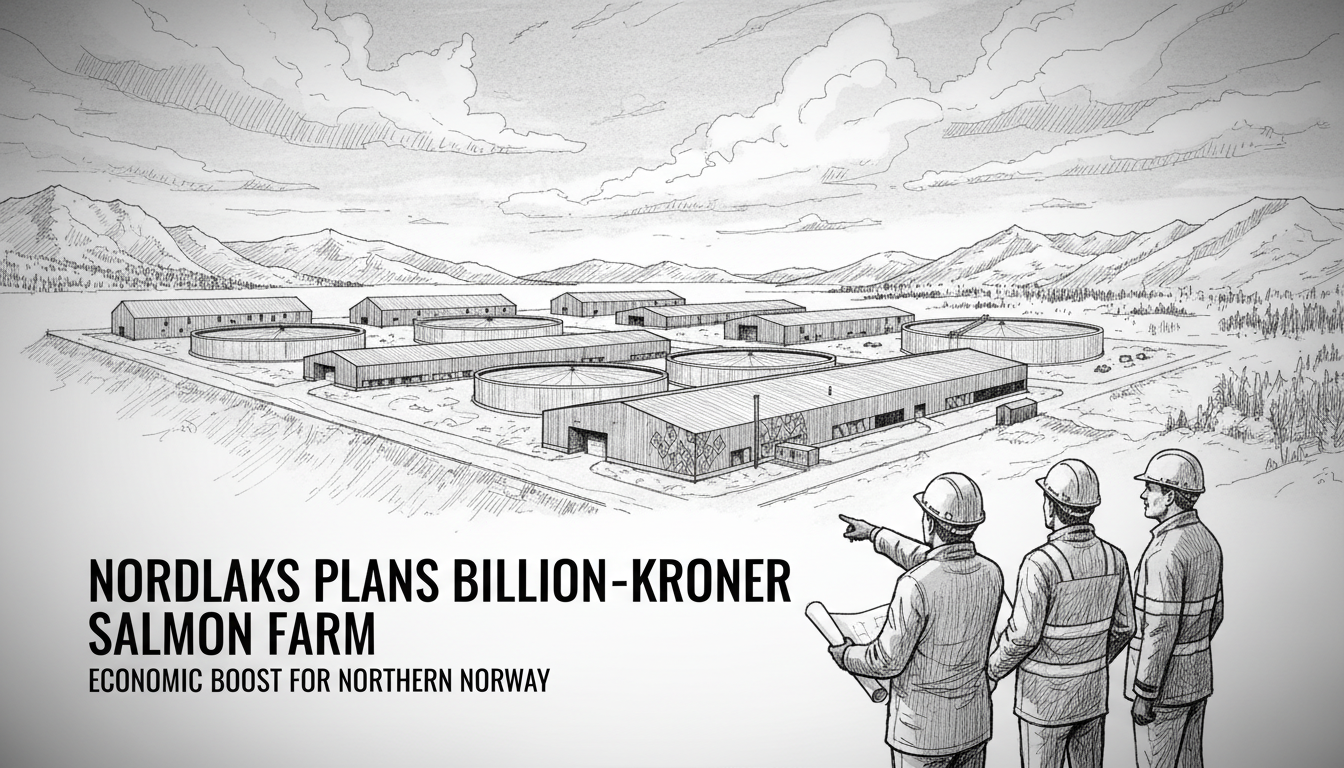Nordlaks has purchased 2,200 decares of property in Fiskfjord from Trollfjord AS for 8.8 million kroner. The company plans to build a major land-based smolt facility costing over one billion Norwegian kroner. This substantial investment will create between 30 and 50 new jobs in the region.
Hadsel Municipality Mayor Kjell-Børge Freiberg expressed strong support for the project. He said the development represents important economic growth for the local community. The mayor emphasized how such investments strengthen the municipality's industrial base.
Nordlaks focuses on land-based smolt production to reduce disease in salmon farming. The company brings valuable experience from its existing facility at Innhavet. This approach represents a growing trend in Norwegian aquaculture toward more controlled land-based operations.
As part of the acquisition, Nordlaks will take over the Fiskfjord power station. Nordkraft will continue operating the power facility under the new ownership. This ensures stable energy supply for the new smolt plant operations.
The Norwegian aquaculture industry faces ongoing challenges with sea lice and fish health issues. Land-based facilities offer better disease control and environmental management. This billion-kroner investment signals confidence in land-based solutions despite higher initial costs.
Northern Norway's coastal communities increasingly depend on aquaculture for employment. Traditional fishing industries have declined over recent decades. Projects like this help maintain population in remote areas while creating modern industrial jobs.
The expansion comes amid growing global demand for Norwegian salmon. Land-based production allows for more predictable output and quality control. This approach also addresses environmental concerns about traditional open-net pen farming.
Local residents will likely welcome the job creation in Fiskfjord. The region has experienced outmigration as younger generations seek opportunities elsewhere. New industrial investments can help reverse this trend and support local services.
Norwegian authorities continue supporting aquaculture development with strict environmental regulations. The industry must balance growth with sustainability concerns. Land-based facilities typically face fewer regulatory hurdles than coastal sea-based operations.
This project represents one of several major aquaculture investments in Northern Norway recently. Companies are betting on continued strong prices and demand for Norwegian salmon worldwide. The success of such ventures will influence future investment patterns in the region.

